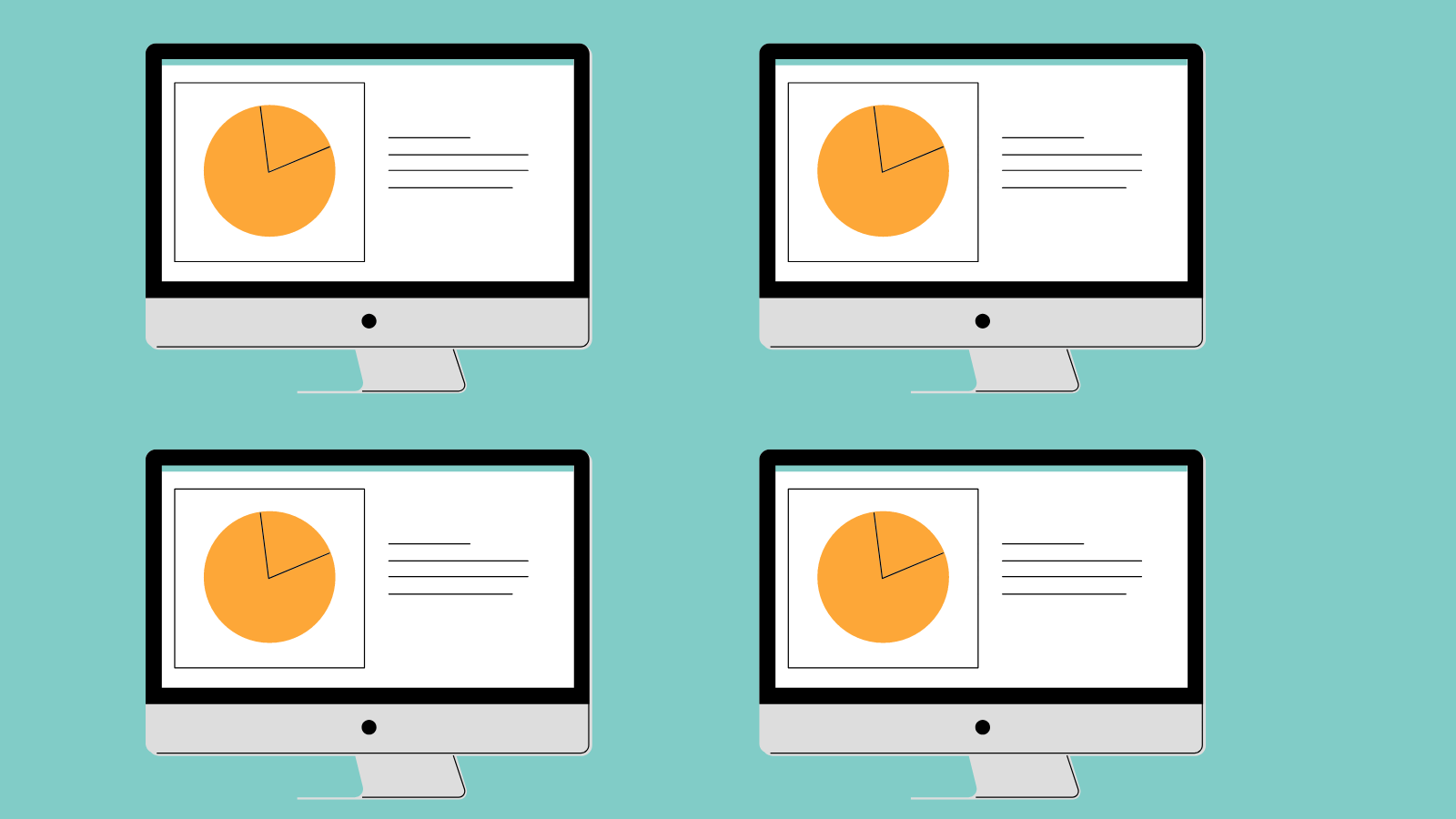Scroll to the bottom of the blog for the links mentioned in this video!
No matter how big or small your company is, how the public perceives you matters. Even if you don’t have a public relations team, you can track and manage your brand reputation. Follow this guide to learn how!
What is Brand Reputation?
Brand reputation is the public perception of a company or organization based on direct or indirect interactions with the brand. That can include product or service quality, customer service interactions, how they treat their employees, and more. Managing brand reputation includes:
- Publicly addressing criticism
- Being open to feedback
- Allowing all stakeholders to share their experiences
- Engaging with your audience
Why is Brand Reputation Important?
Build Customer Loyalty and Brand Advocacy
When customers associate your brand with good things, they’re more likely to come back for more and to talk about their positive experiences with their friends.
Increase Sales
A good brand reputation means more customers, more purchases from customers you already have, and more money!
Retain Employees
Companies with good reputations become places where people want to work and are proud to associate with.
Gain Trust and Credibility
A positive brand reputation doesn’t just mean more money and popularity. A company that’s built good will among their customers is more likely to be forgiven when they make mistakes. That’s why managing your reputation before there’s a crisis matters just as much as how you react to a crisis.

How to Manage Brand Reputation
Monitor Your Online Presence
The first part of online reputation management is knowing what your reputation is in the first place. That means monitoring what people are saying about your company, directly or indirectly, on social media, forums, and other online spaces.
You can start doing this by simply typing the name of your company into a search engine and reading the results. You won’t have to pay for a brand reputation management tool if you do this, but it is tedious and the results are incomplete. Using a tool gives you more thorough metrics for marketing campaign results, hashtag reach, brand sentiment, and more.

Monitor Online Reviews
Online reviews on your website, social media, or review sites like Yelp, carry a lot of power. Ads may pique a potential customer’s interest, but if they want honest information about a product or service before they buy it, they’ll consult reviews from other customers. That’s why online reviews are crucial for brand reputation. Keep an eye on them, resolve problems that customers bring up, and respond with grace.

Improve Customer Satisfaction
Customer satisfaction breeds customer loyalty. After all, the first step to a loyal customer base is one that’s happy with their experience.
Improving customer satisfaction, and by extension your brand reputation, the most important thing is to resolve your customers’ issues as quickly as possible. Doing that is about more than your customer support team. It also involves monitoring your brand’s direct and indirect mentions. To make it easy for customers to reach out to you, offer multiple channels of communication, including
- Phone
- Live chat
- Social media

Provide Excellent Customer Experience
Customer experience is an important decision-making factor for many potential customers. You can make your customer experience stand out by making the purchase process as efficient as possible and personalizing your marketing to your customers’ needs. Most marketing automation tools let you segment your customer base to give a personalized experience.

Monitor Your Competitors
Monitoring your online reputation isn’t just about where you stand. It’s also about where you stand compared to your competitors. Social listening tools can help you keep track of what the people of the internet are saying about your competitors. With that information, you can find out what they do well, what you do better than they do, and how you can improve your own brand reputation.

Collect Feedback
ItIt’s always a good idea to ask for customer feedback. This could mean sending out customer satisfaction surveys, prompting customers to leave reviews, and more. If you don’t know what you’re doing wrong and what you’re doing right, how are you going to improve?
![]()
Be Proactive
Public relations isn’t just about cleaning up a crisis after it happens. It’s also about preventing mistakes from becoming crises in the first place by resolving problems when they’re small.
Build Brand Awareness
A good reputation starts with positive brand awareness. You can shape this by creating marketing campaigns that emphasize what makes your brand stand out from your competitors and your company’s values.

Use SEO and Content Marketing
Content marketing is an important part of a positive brand reputation. Content that teaches readers something new and helps them solve their problems leads them to trust you as an authority in your field.
Similarly, using SEO best practices to rank further up the search engine results page communicates to Google, and by extension their users, that your website is legitimate and helpful. That in turn leads to more clicks, more link building, and more purchases. All of those results can benefit your position even more.

Demonstrate Your Values
When it comes to your company values, if you talk the talk but don’t walk the walk, people can tell. If your company values the environment or social causes, your workplace practices and donations should reflect that. That way, you will attract business from people who share your values.

Keep Your Promises
Most importantly, don’t make promises to your customer base that you can’t follow through on. No one likes a broken promise, even from a company and you wouldn’t want the word to get out that your company isn’t trustworthy.

Online Reputation Management Tools
Here are a few tools you can use to track and manage your company’s online reputation.
Google Alerts
With Google Alerts, you can set up a notification every time Google picks up a mention of your brand for free.
Mediatoolkit
Mediatoolkit is an award winning real-time social listening tool. It provides data in all locations and languages.
Sprout Social
Sprout Social is a social media management suite that offers audience insight and community management tools. With it, you can schedule and publish your social media posts and conduct social listening in the same place.
Brand24
Brand24 is a media monitoring and marketing analytics tool.
BuzzSumo
With BuzzSumo you can measure the performance of trending content and influencers, set up brand alerts, and more.

How Sav Can Help
A good reputation starts with a custom domain and a beautiful, professional website. We make it easy and affordable to make that happen because we’re dedicated to helping small businesses succeed online. Get started today!
Links mentioned in YouTube Video
MediaToolKit: https://www.mediatoolkit.com/
Sprout Social: https://sproutsocial.com/
SEMRush: https://semrush.com/
BuzzSumo: https://buzzsumo.com/
Brand24: https://brand24.com/
Newsletter
Popular
Top Articles
Recommended articles
How to Come up With Ecommerce Product Ideas
Whether you’re starting a new ecommerce business or expanding a pre-existing one, what products to sell online is an important decision....
Read moreHow to Create a Modeling Portfolio
What is a Modeling Portfolio? A modeling portfolio is a demonstration of your skills and talent you can show to potential employers and...
Read moreThe Best Side Hustles From Home to Try
Why Start a Side Hustle from Home? Earn Extra Money Being alive is expensive right now. Whether your financial goals are to pay off your...
Read more



